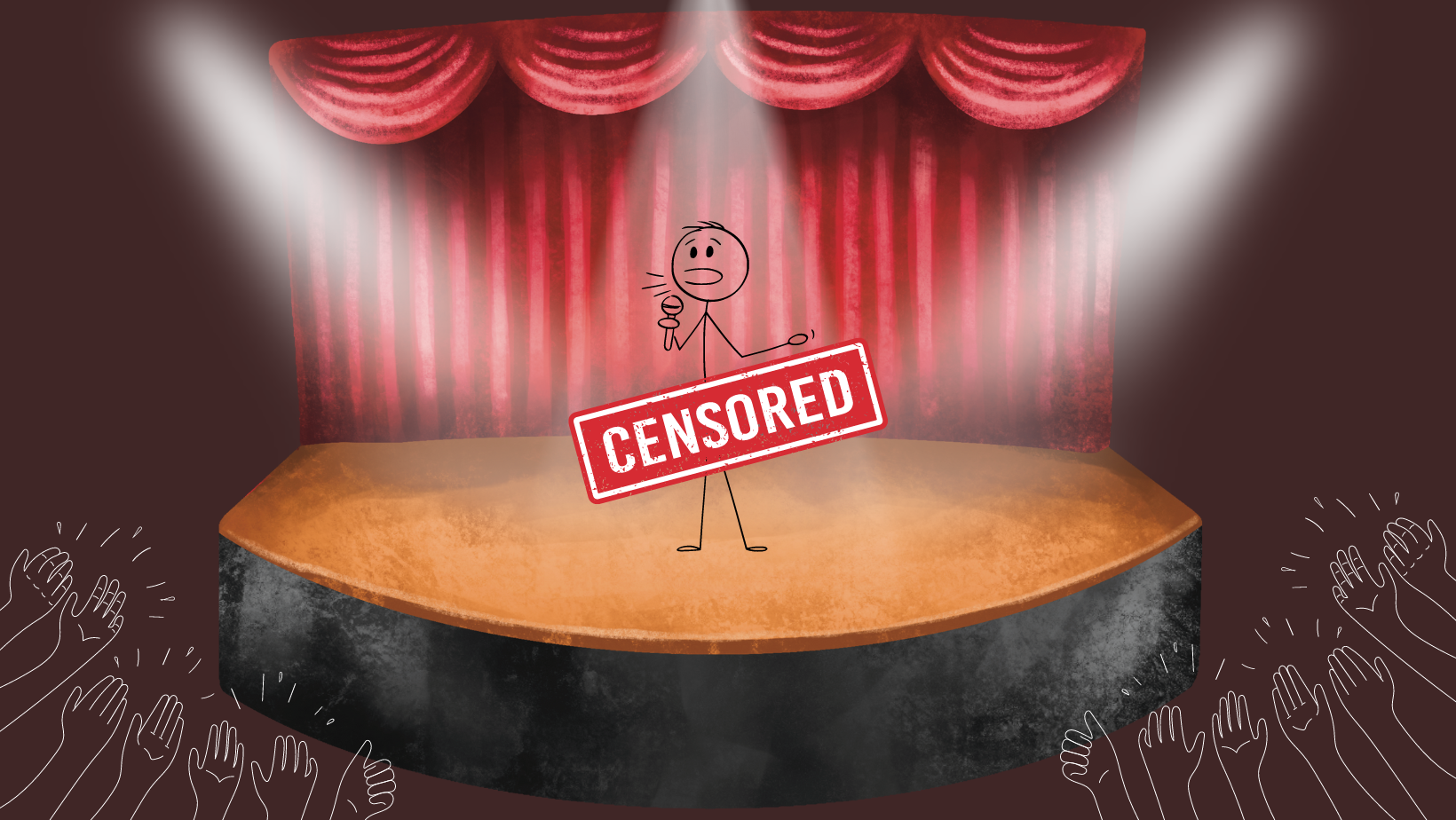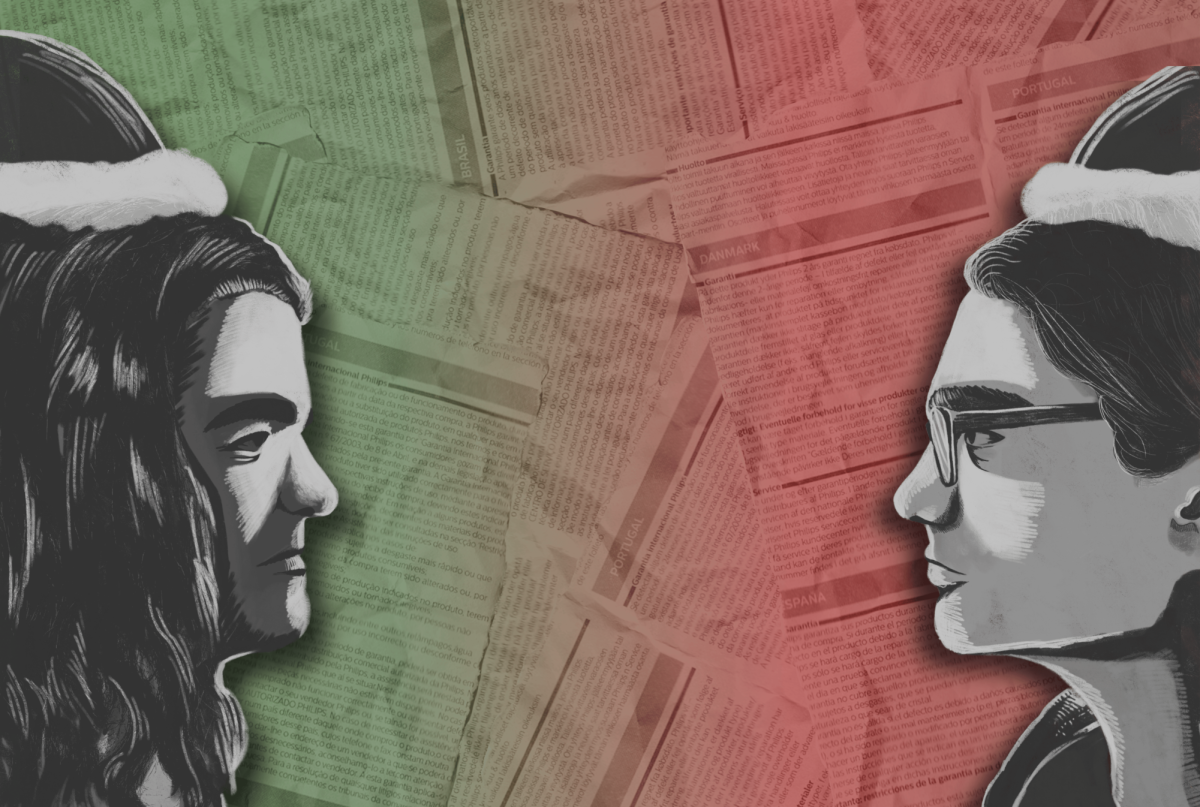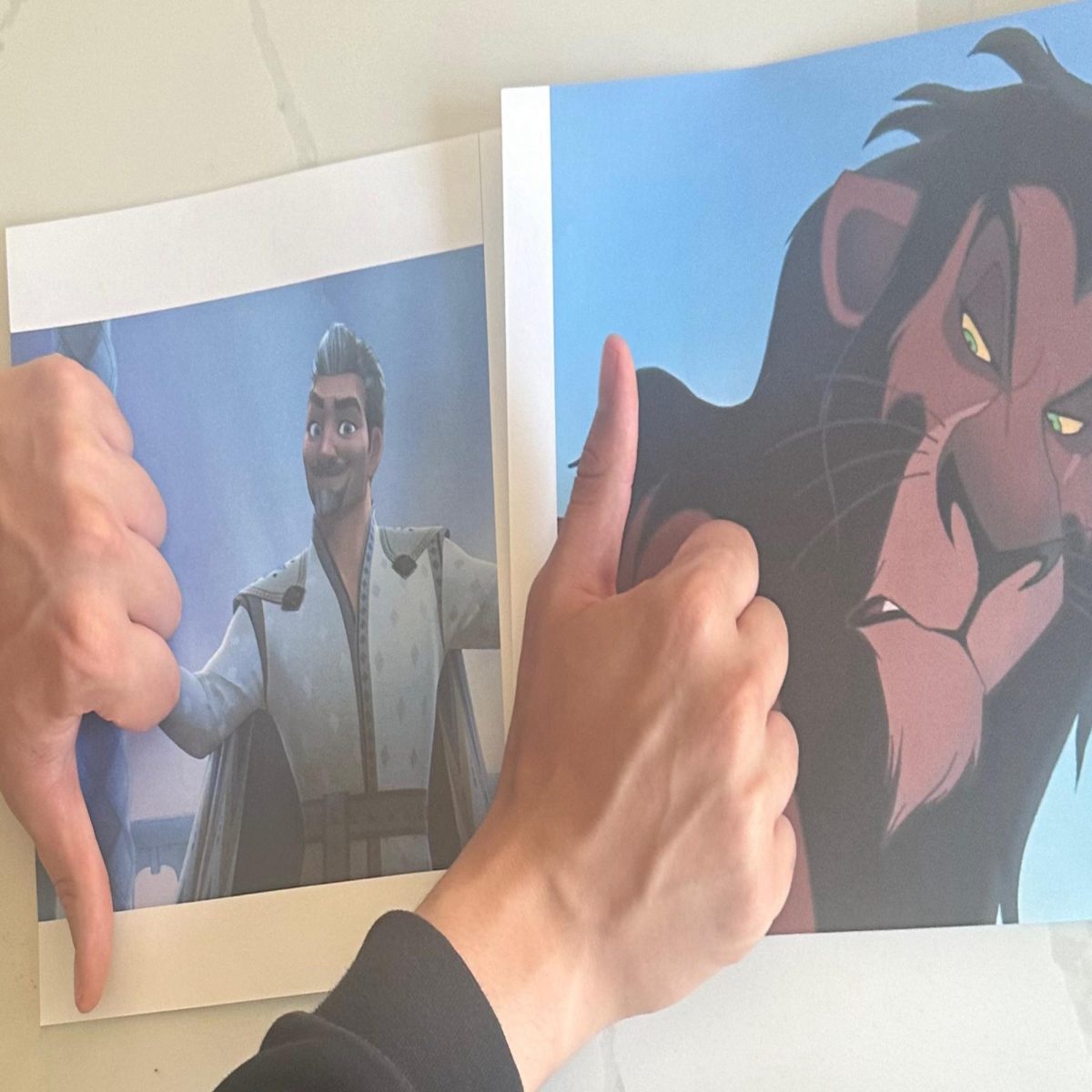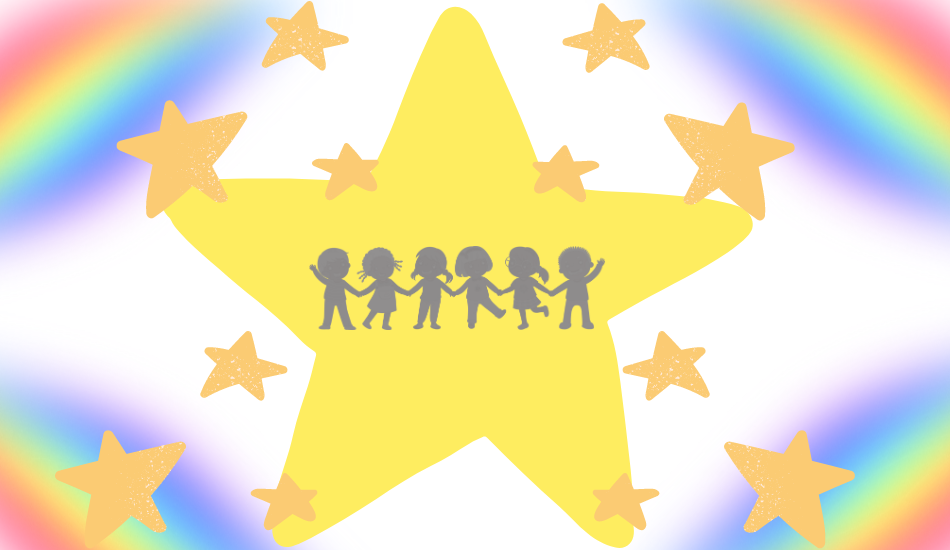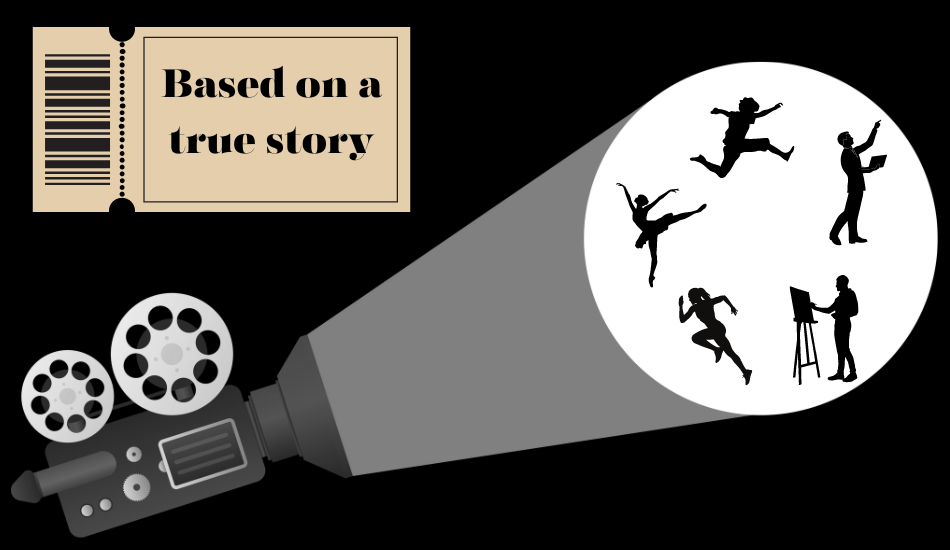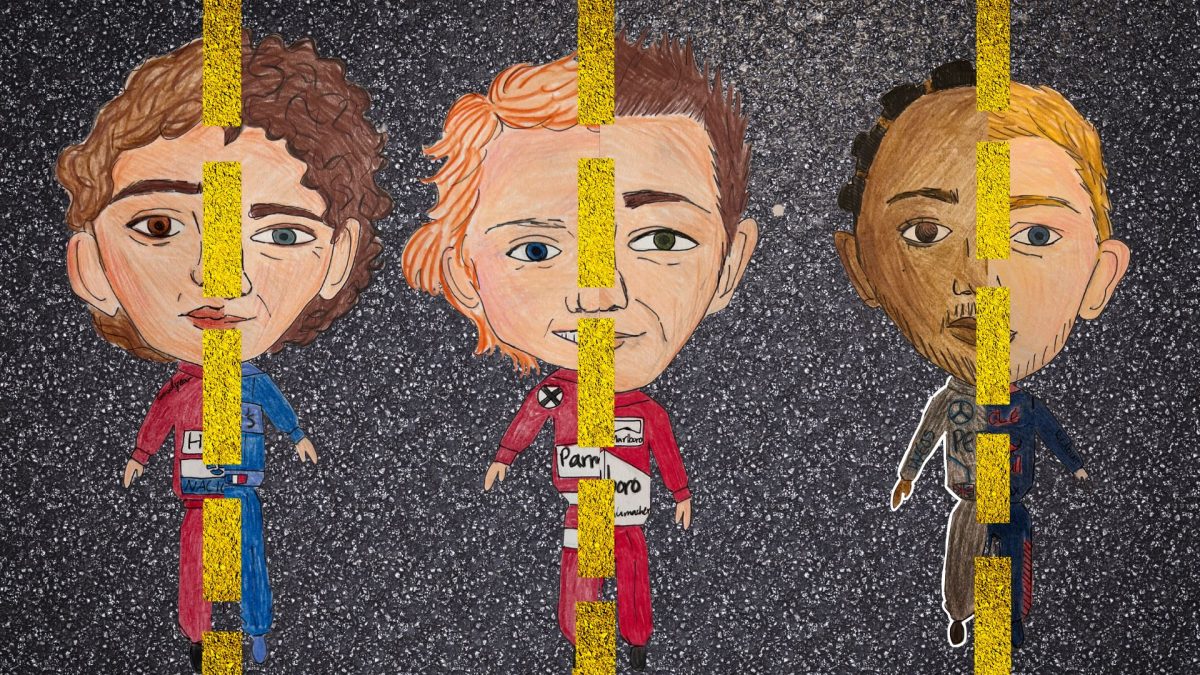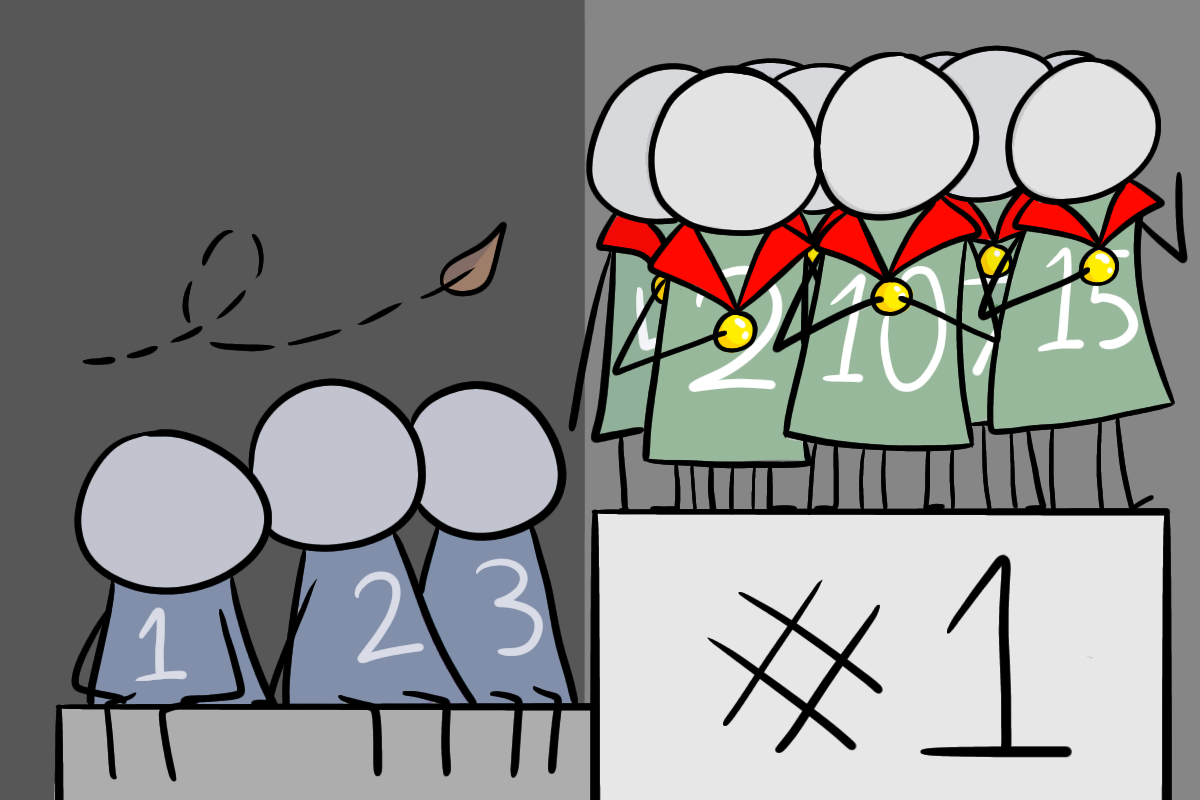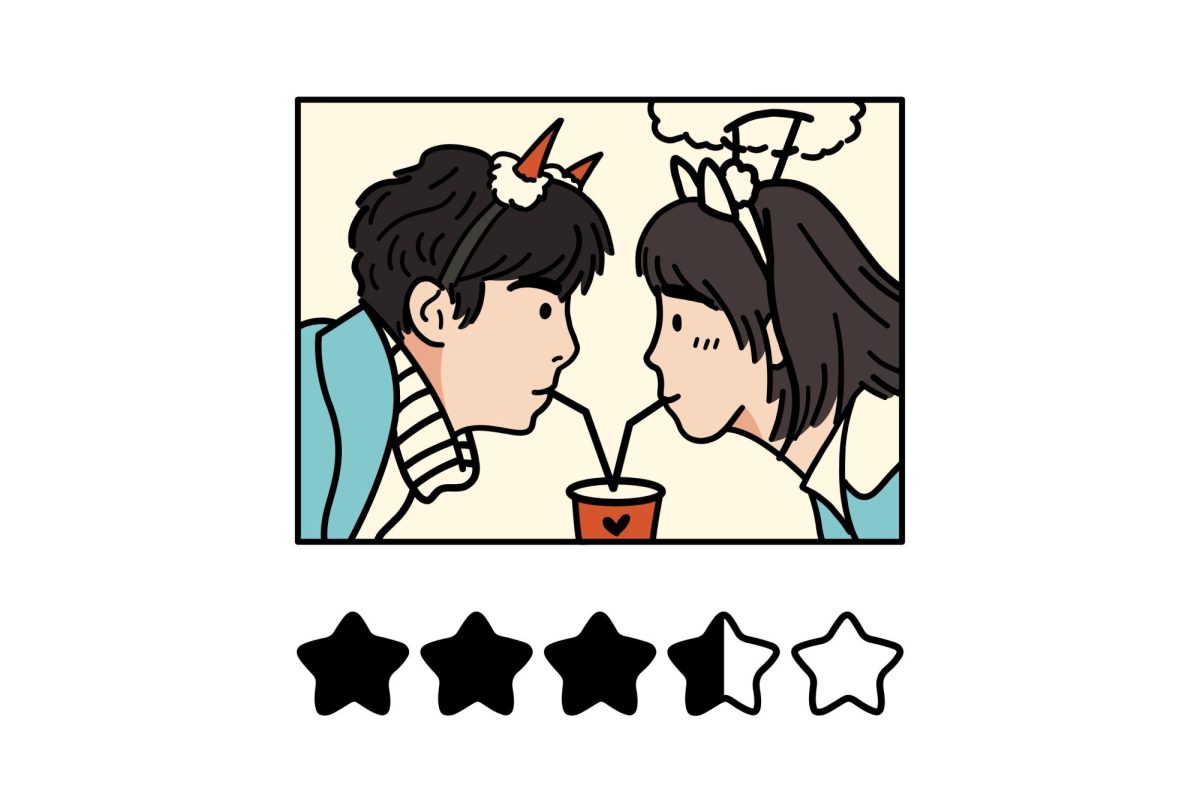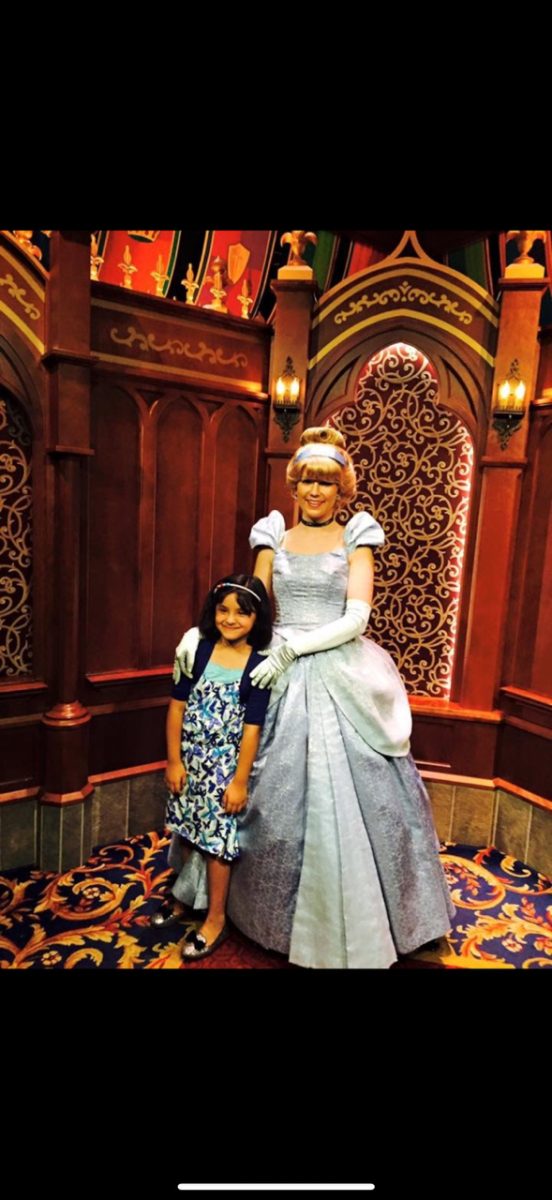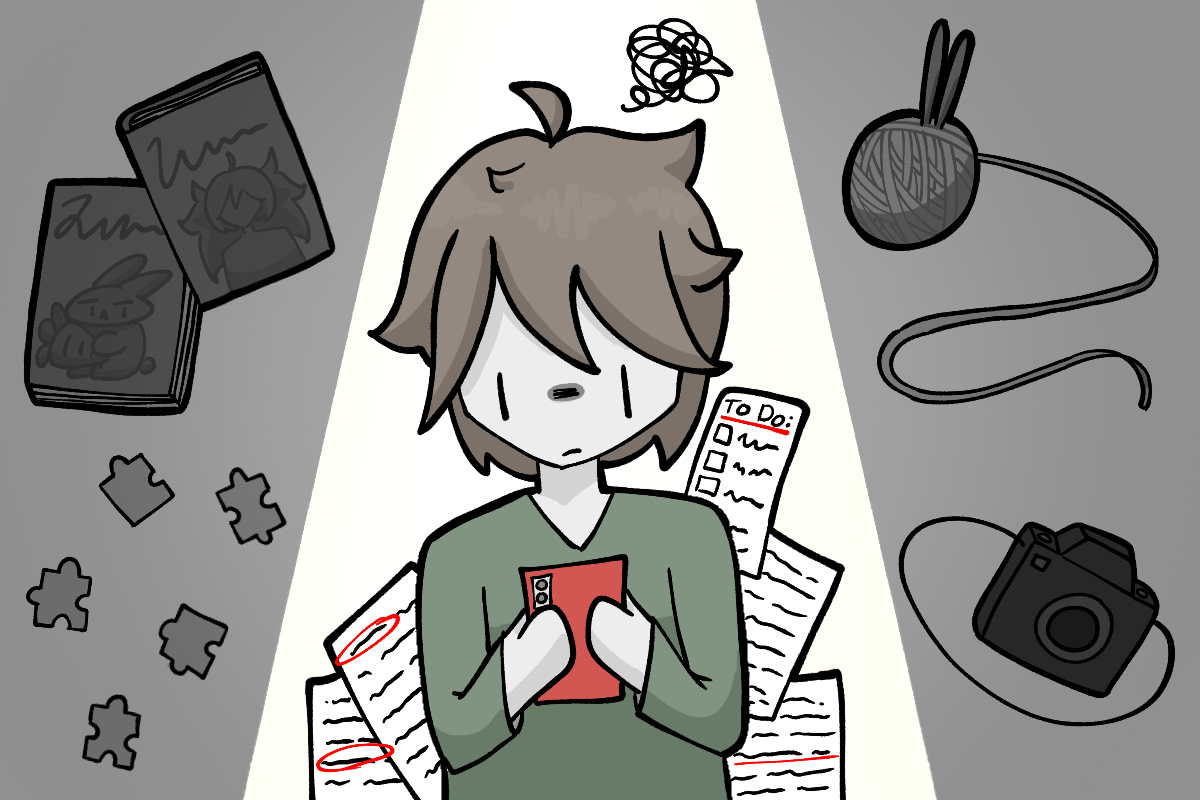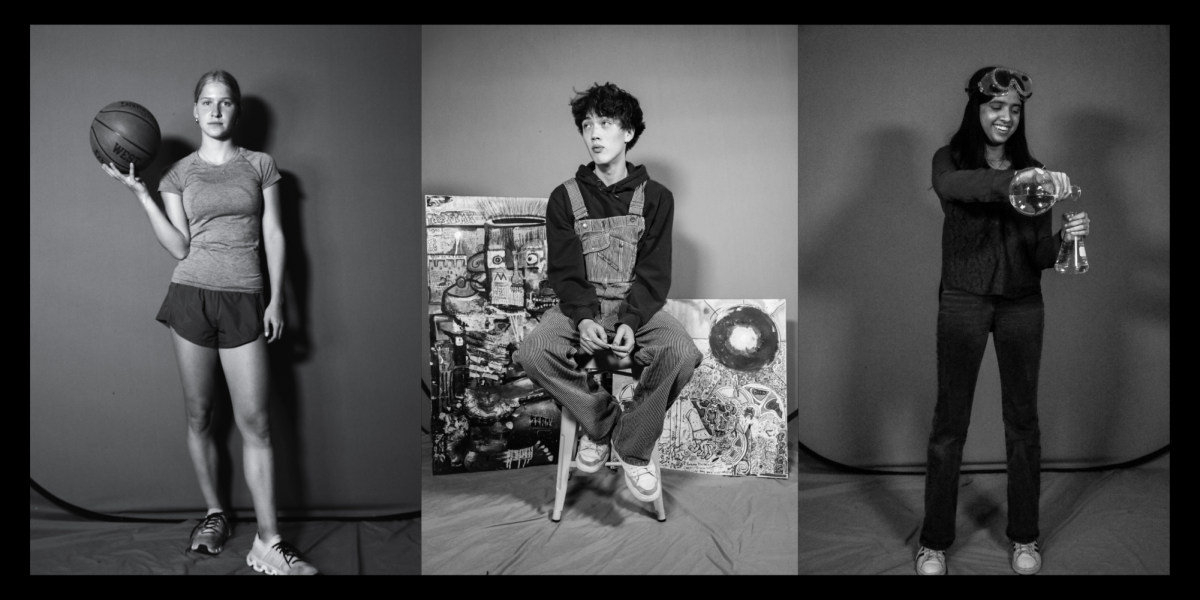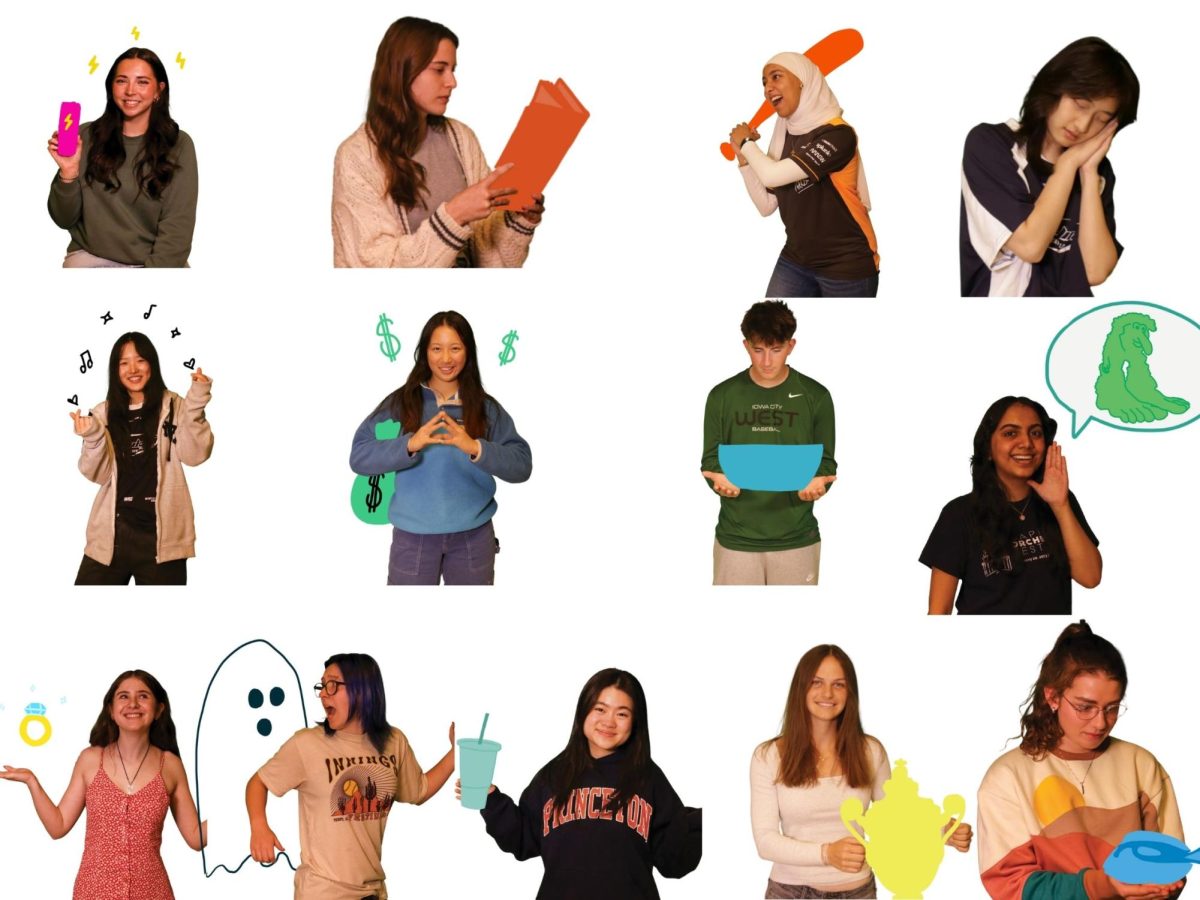In the age of “cancel culture” and sensitivity training, it is easy to feel as though people “can’t take a joke” or are “too woke” to have any fun. With people readily prepared to spread awareness about any social issue under the sun, one might think any lighthearted joke could be deemed offensive if someone gasps hard enough. On the other hand, another could easily argue that internet culture has been desensitizing our younger generations to darker, crueler and more graphic types of humor — look no further than any Reddit thread. The idea of “edgelord” humor, primarily found on the internet and involves expressing purposefully controversial statements in order to rouse a reaction, depends largely on shock value through extremist views. However, after a while, the joke loses its heat and becomes normalized in everyday life. People have never been more comfortable with joking about terrorism or death. The truth is, oversensitivity isn’t what’s killing comedy; it’s what is being excused as satire or “dark” comedy where the line is being blurred.
The debate of whether offensive comedy should still be considered acceptable in more socially aware times has been around for ages, with various comedians giving their own verdicts. The problem lies with the fact that humor is an incredibly subjective concept; not everyone finds the same things funny. But we can also agree that bad humor exists. “Why did the chicken cross the road?” isn’t necessarily offensive, but say it in a stand-up act, and you’re asking for tomatoes to be thrown in your face. Uncreative puns, cheap shots and poor delivery can all be attributed to bad comedy. So, how can we tell the difference between a bad joke and an offensive one?
When comedy is done well, it is an effective tool for making complex or uncomfortable topics more digestible to a general audience. Although there is a negative connotation to being offended, shock value has its uses to make people pay attention to what matters. Lenny Bruce, a renowned comic and social satirist in the 1950s and ’60s, paved the way for freedom of speech in America through his stand-up routines filled with vulgar language and obscenity, where he faced numerous arrest charges for the content of his acts. At the same time, those very routines acted as commentary on countless social matters considered taboo during his time, such as censorship, religious persecution, drug abuse and so on.
Bruce’s obscene sense of humor sparked further insight into topics that were once deemed too indecent and only spoken about in hushed whispers. Even if it was offensive for its time, such comedy shed light on issues that would’ve continued to be swept under the rug. “If I’m not offending someone, then I’m not doing my job as a comedian.” Bruce didn’t push boundaries for the sake of comedy; he used comedy to help push the boundaries that were constraining our ability to perceive the world. Making people laugh at serious matters makes them easier to talk about and understand.
What people misunderstand about satire or dark humor is that it is not without purpose — at least the well-thought-out kind. There is a difference between when a popular adult sitcom such as “Bojack Horseman” remains relevant through disturbing humor that pokes fun at the toxic, drama-rampant environment of the Hollywood industry and Matt Rife getting canceled for joking about domestic abuse on stage. “Canceled” refers to the ostracisation a public figure faces after behaving in a manner shamed by the community. One is a skit that is supposed to be a direct reflection on the absurdity of ideologies we hold as people, while the other is a callous jab made without any compassion, ridiculing the victim instead of the perpetrator. Rife’s refusal to take accountability and instead double-down by posting a fake apology on his Instagram story with a link to a website selling special-needs helmets only further highlights the stance that society has gotten “too woke” for offensive humor. This narrative is objectively wrong — offensive humor is woke humor. That’s the entire point. Offensive humor has spanned across generations, and audiences, in fact, have proven to be receptive to the concept. Believe it or not, people enjoy being offended. Laughing at someone else’s expense is unavoidable in comedy; most folks are happy to lean into it. What people don’t enjoy, however, is shallow jokes riding on the prospect of appearing “edgy” or “controversial” rather than what they truly are: insensitive and problematic. Like Bruce once said, “What you end up with is outrageousness without the laugh — comedy as electroshock therapy.”
Chalking it all up to people being more sensitive compared to back in the day misses the mark. It’s important to distinguish between making an insightful point through caricatures or obscenity and normalizing cruelty by disguising it as a joke. Jo Koy’s jokes during the 2024 Golden Globes may have sparked public outrage, but they were in no way meaningful.
There was no insight or social commentary there; it was hardly even witty — it was just misogynistic undertones justified by bad writing. You can try to blame it on poor delivery or little time to workshop the routine, but it’s clear the intent was to stir up the audience by ridiculing a popular film that held a special place in many people’s hearts. For a movie that was meant to educate people on feminist values and the struggles of womanhood, Koy’s joke not only added nothing to the conversation, it demeaned it. Shock value is not a punchline — it can’t make up for everything.
Satire is about using humor to send a sincere message about serious matters, not treating them lightheartedly and desensitizing the masses to the concept. This is how offensive comedy has been utilized for years, so it’s unlikely that “cancel culture” will be the one to end it. As such, we must not let it be the scapegoat to excuse cruel humor. Comedy shouldn’t be the wool over our eyes; we should use it to help weave a liberating narrative that puts the world through a progressive lens.

